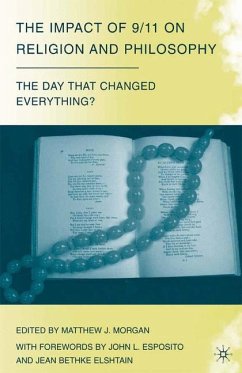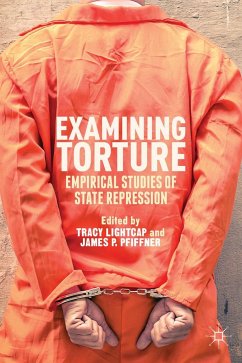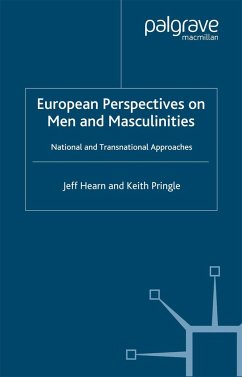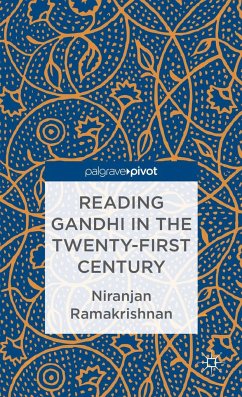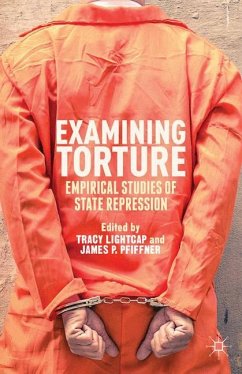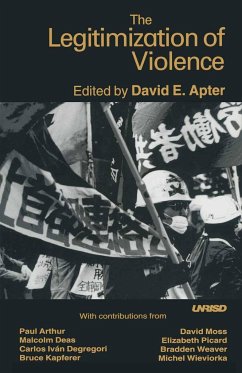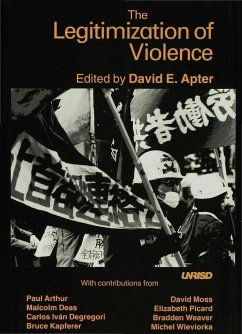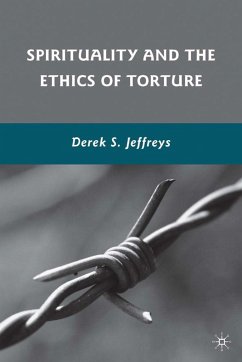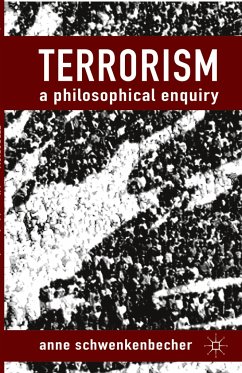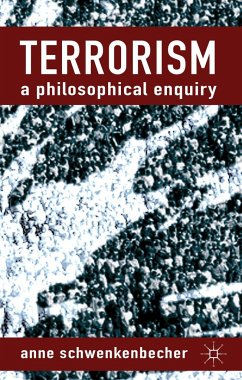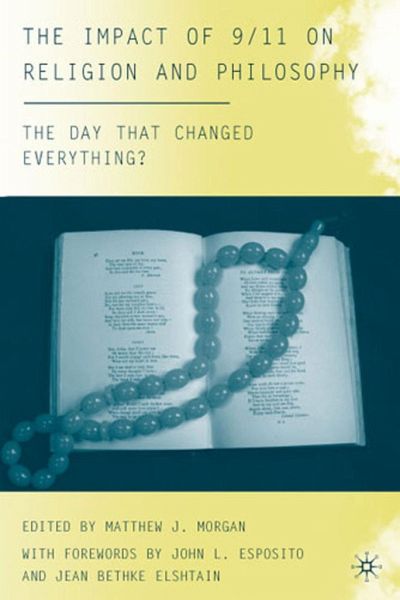
The Impact of 9/11 on Religion and Philosophy
The Day That Changed Everything?
Mitarbeit: Loparo, Kenneth A.
Versandkostenfrei!
Versandfertig in 6-10 Tagen
38,99 €
inkl. MwSt.
Weitere Ausgaben:

PAYBACK Punkte
19 °P sammeln!
The Impact of 9-11 on Religion and Philosophy is the sixth volume of the six-volume series The Day that Changed Everything? edited by Matthew J. Morgan. This volume features a foreword by John Esposito and contributors include Jean Bethke Elshtain, Philip Yancey, John Milbank, Ada Maria Isasi-Diaz, John Cobb and Martin Cook.



